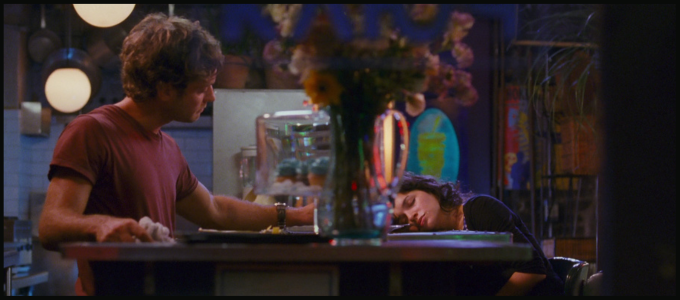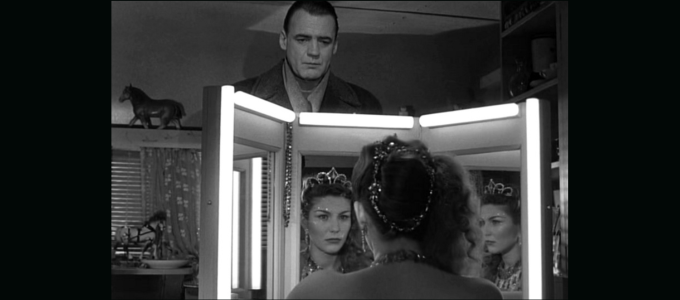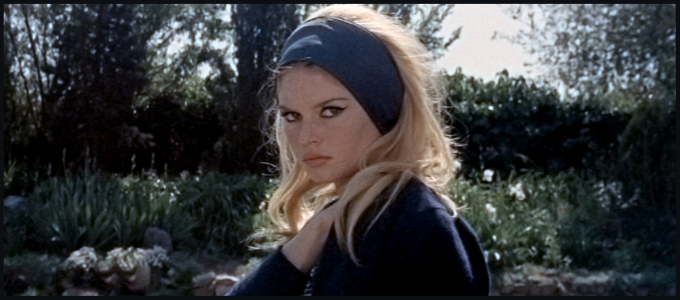Today’s question is so good, goes such to the essence, that it burst to the top of my pile, and I’ll have a crack at it here.
* * * Q * * *
.
From a reader (29M):
‘I just got out of a relationship and now I feel a big void inside of me. Part of it is being lonely, but I think it’s more than that.
I think I have always felt this void and it pushed me before to get into relationships with women I did not particularly fancy, just to fill this void. I am a successful guy, I have hobbies and a good career, all of which sometimes serve to distract me from that feeling. Still, I can feel that void lingering inside.
So my question to you is: Is it true that a man should be perfectly content on his own? If so, how? Or is it our nature as men to feel this void until we find a good woman? I am really curious about your view.’
* * * A * * *
.
Thank you for your questions—I’ll take them one by one.
Is it true that a man should be perfectly content on his own? No.
In the end, a man will grasp more of his depth, and draw more meaning and contentment from his life, when he is part of a truly great relationship.
This goes against 99% of what you’ll read out there. Good. But the 99% advice is not wrong: it is important to disentangle yourself from relationships of dependency, and find exactly how you can achieve a form of self-contentment on your own. Most coaching and therapy is about this: when you stop believing, in a very deep way, that your happiness, your worthiness, your very sense of self, is based on how well you fit in with others (women, society, male peers) around you, you succeed in a major psychological feat: true inner independence.
It is worth fighting tooth and nail to claim your psychological independence.
So away with FOMO! Away with what others may think! The action happens where you are. It is possible to grow content, even if you have no a woman for a year. Undergo the Copernican Revolution! Become the centre of your Universe!
But my sense is that men who claim their psychological autonomy—and in these ranks are many impressive men—end up somewhat… encapsulated. Living in a bubble-of-one: life on my terms, by my design, riding this highway to its end. Independence is a very Wild West ideal, and, after a few years in the dry, it reaches its own form of void.
Later, a form of yearning creeps in: a deep need to belong. One starts seeking ways to come out of this ‘I can be perfectly content on my own’ fixation, and develop relationships afresh. Watch Into the Wild if you haven’t already: ‘happiness is only real when shared’. This is the birth of the stage sometimes called psychological inter-dependence. We realise the massive extent to which we are made up of our relationships to the ones we love; to the whole world. We become humbled to our real size in the cosmos. And it re-writes the script.
Having been through the phase of independence, though, you can now set appropriate boundaries, you can hang out in crucifying conflicts, you can fail to connect over an issue yet still be in connection. You no longer look for validation from those you relate with, and you’ve no need to escape any feelings, or go for people you’re not wholly in love with. You choose the people and things you worship, and you’re in it to create something together.
I see relationship, and our inner development, as a form of religious journey. At some point we need to split from stultifying forms of dependent relationships, where the rituals have become empty, and the love a little desperate and meek. We wander into the desert to look for something good and true: an update on the mess of the traditional form. Yet after the years of resolutions and experiments, our longing breaks us down, breaks us open, and we come back—never supplicating—but ready to create relationships from real love, real capacity to give.
It might take a person twenty years to traverse all this territory.
(I talk a little more about the psychological journey here.)
* * *
Now, is it our nature as men to feel this void until we find a good woman?
Sure, you can go around dating women as a way to fill your emotional void. But you’re at a moment now (29) where you sense this is just a carousel of neediness: picking someone pretty enough, smart enough, so you don’t feel the pang of the void. Perpetuating the dependent relationship, the security blanket.
It is in the nature of psychological dependency to keep filling this void. But you are in a moment where you might now grow.
Your new mission, should you choose to accept it, is to truly feel the void. I do not mean, damn, that void’s there again in the background—I have to get away! I mean, turn directly toward the void, and face it eye-to-eye. Get to know the emotional void(s) within you, the texture and flavour of your dependency, the pain of not having certain social approval, and feel all this to its very bottom. You get curious about what this void inside you really is, almost like you stick your fingers into its juicy innards, and you map every edge and contour of it out.
One needs space to do this. To start saying ‘no’ to those Friday night beers, or whatever mediocre social activity you engage in as a conspiracy to avoid the void. This is why we recommend that men adventure.
To have an adventure is not to ‘go traveling’ and hope you find a prettier girl abroad. That’s simply dependency on faster wheels. To go traveling is to sit undistracted in the lost moments, in the liminal, in those times you missed your train, when your friends all chose the other way, when your hotel’s crashed out of electricity, when your phone (or your health) has been robbed. Adventure gives you moments of forced isolation—forced pain; forced void. Every hero’s journey gives you an image of him peering over a ravine, or gazing up to a mountain he wishes to summit. The exterior symbolism is a reflection of the state of his inner journey in any given moment; and nature gives the same gift to our own inner lives. To sit alone in the ravine is to sit alone with your soul. The vision quest.
I’m drawing travel out in a bit of a poetic way. You don’t need to leave your life and your home to grow psychologically, but you will need some form of inspiration, some thrust for independence, and space. You will need boundaries—and renounce—to call in the alone time needed so you can feel your void. Feel it truly, I mean.
Most men never feel the void, though. They’re too afraid. They stay in the security-blanket level of relationships. It makes sense, because the closer you get to the void, the more you realise that your ‘successful life’ so far might have been a ruse, and your ‘hobbies and career’ a big fat approval-seeking sham. Most men can’t face the sheer disorientation that comes with identity-change: the grief of having lived so long in a lie. But your self-so-far wasn’t a lie, it was just you at this phase in time. Everyone’s aloud a little fashion mistake; and we all need to re-appraise our definitions of success. Twenty-nine’s a good time to have these realisations, though. There will be men reading this in their sixties who never really succeeded in this transition.
But here’s the trick: when you grow a little confidence, when you grow a wry little fuck yeah, you start craving the void. I mean, isn’t the inner content of the void more interesting than Netflix-level conversation, or the same old haranguing from Mom? Didn’t you ever wonder about black holes as a child, and wonder wtf might be down there? All those true, adult men you were ever inspired by… don’t you want to know the lands they traversed?
When I think about my experiences with the void, I recall it being somewhat slippery. I could never keep my fingers on it long, before it transformed into something else.
The void always transforms into something else.
When you know this something else, women start appearing differently too. More beautiful, like they had a change in identity at the same time you did. Their entire function and capacity in the Universe totally shifted.
But you’ll depend much less on their comfort for a sense of self.
Yeah, I wouldn’t wish that the void be any different to what it already is. I would never wish it away: what a function it plays in our psychology!
The gateway to something else.
Corragio, 29M!
~ Jordan
* * *

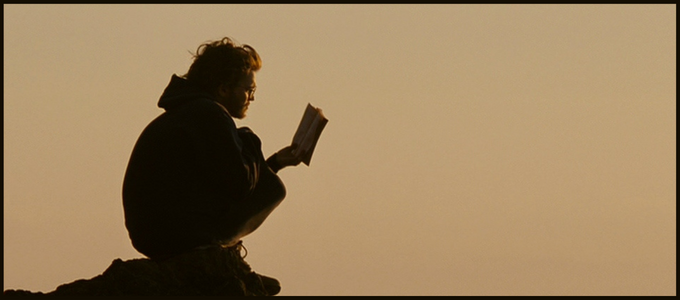
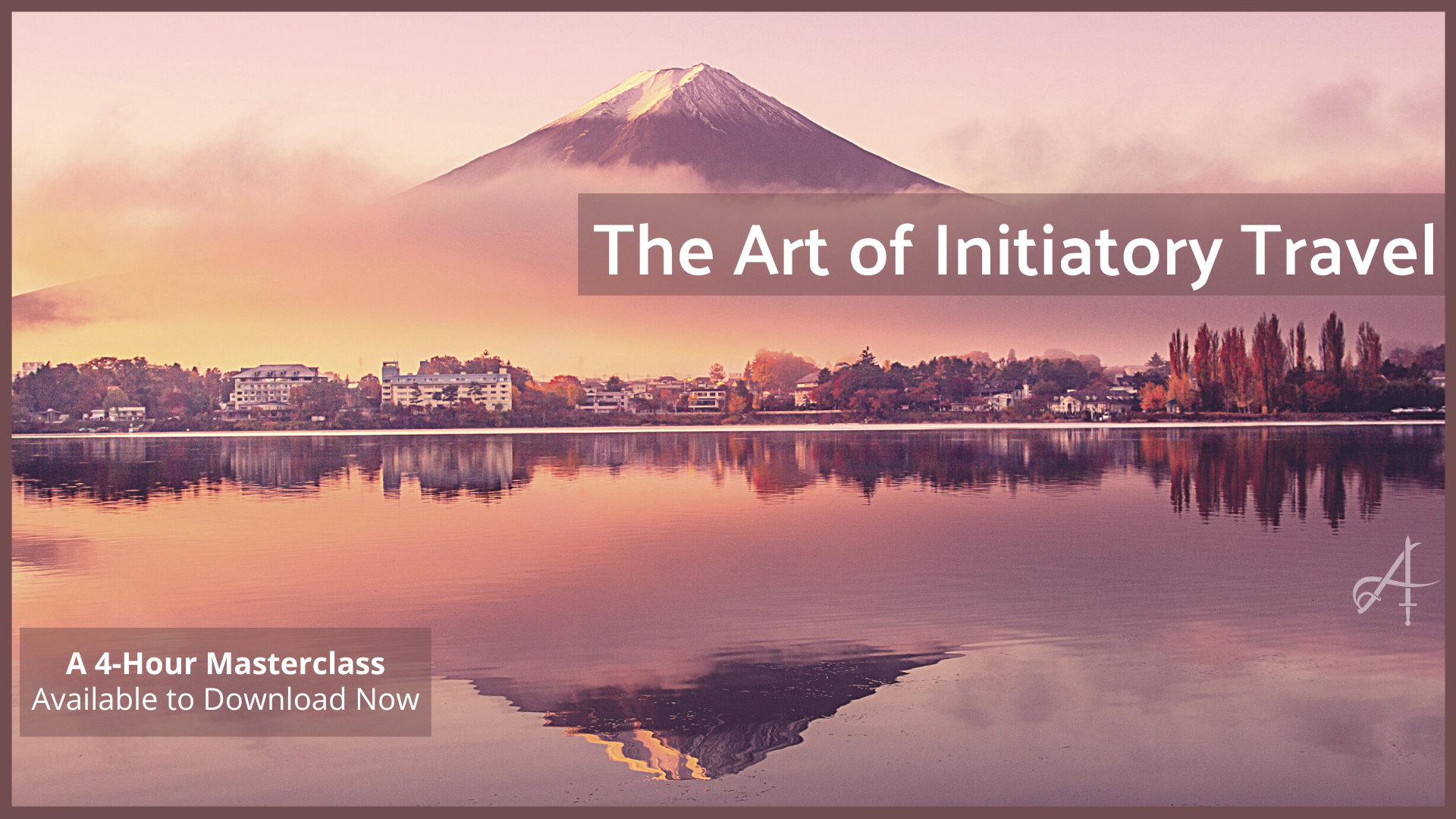

 (1 votes, average: 4.00 out of 5)
(1 votes, average: 4.00 out of 5)